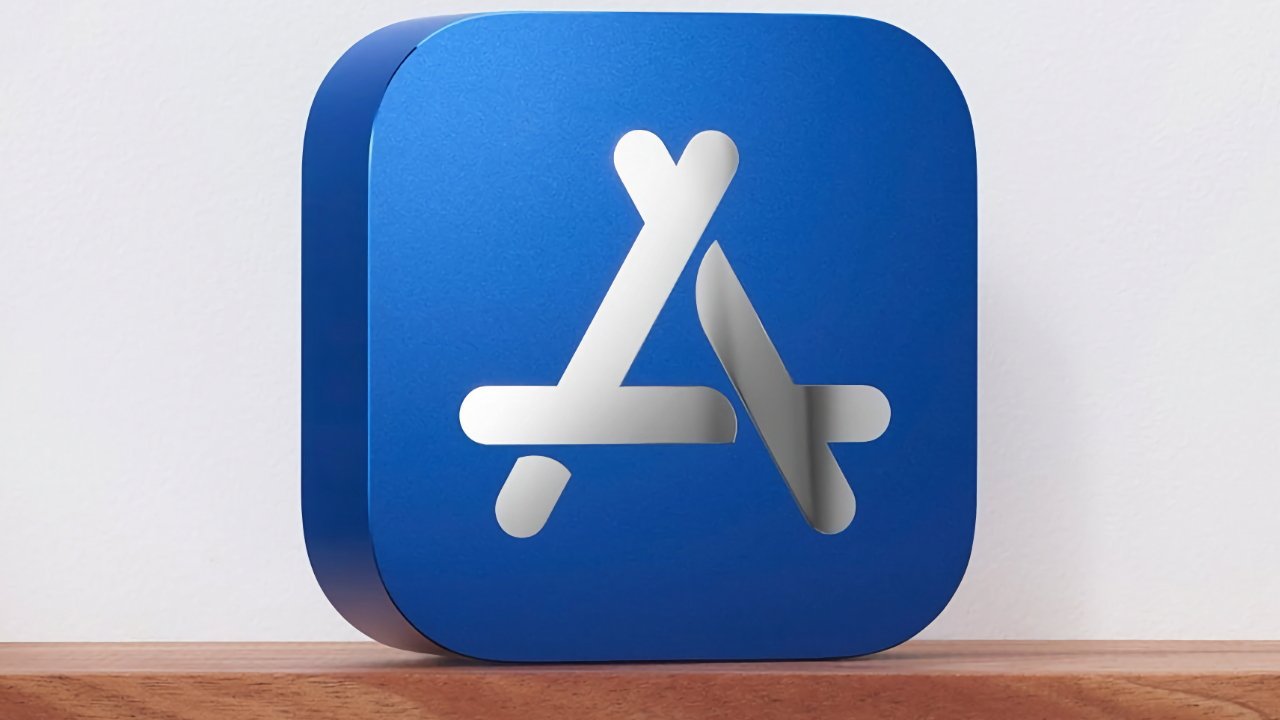After three years of investigations, Indian regulators have concluded that Apple has been using antitrust behaviours by forcing App Store developers to use its in-app payment system.
The Competition Commission of India (CCI) began investigating Apple in 2021, following a complaint by a group called "Together We Fight Society." While under Indian law the group's complaint is confidential, its founder has said publicly that Apple's 30% fee is too high, and that App Store rules including removal of apps must be addressed.
According to Reuters, the CCI has now concluded its investigation. The result is a 142-page report, which has not been made public, and which says Apple has "significant influence" over digital products and services.
"Apple App Store is an unavoidable trading partner for app developers," says the report as seen by Reuters, "and resultantly, app developers have no choice but to adhere to Apple's unfair terms, including the mandatory use of Apple's proprietary billing and payment system."
During the investigation, Apple reportedly argued that the safety and security of the App Store depended on the funds received via the in-app payment system. It also argued that its market share in India is simply "insignificant," at between 0% and 5%.
However, the CCI did not accept this argument. "App stores are OS [operating system] specific and Apple's App store is the sole App store available for reaching iOS users," it said. "The payment policy of Apple adversely affects the app developers, users and other payment processors."
The report reveals that during the course of its investigation, the CCI considered comments from rival firms including Amazon, Uber, and Microsoft.
What happens next
The report has not been publicly released, and there is no official statement from the CCI yet. So there is also no published timescale for what can happen as a result.
However, while this report represents the conclusion of India's investigations, Apple — and any other parties included in the document — will have the chance to respond.
After that, India moves to a stage where it considers punishment. That is likely to mean fines, but potentially India could require Apple to change its business practices, as Europe has done.
Separately, India has benefited considerably from Apple's moves to cut its dependence on China for its device manufacturing. The latest figures from April 2024 claim that 14% of all iPhones now come from India.
 William Gallagher
William Gallagher






-m.jpg)






 Charles Martin
Charles Martin


 Wesley Hilliard
Wesley Hilliard
 Stephen Silver
Stephen Silver


 Marko Zivkovic
Marko Zivkovic








9 Comments
I let most articles like this go by. It seems to me that many people, including our government officials have mush for brains these days. For example:
Antitrust
The article indicates that it took Indian government officials three years to determine that Apple was using antitrust behaviours. With Apple only having a 0-5% market segment in India, there cannot be, by definition, be any antitrust issues. Antitrust relates to having a dominant market position and 0-5% cannot qualify under any thinking persons analysis.
Together We Fight Society
The name itself suggests that this group feels powerless and wants someone who has more power to come along and bail them out of the situation they find so abhorrent. This aspect is not surprising since one of the primary roles of government is to protect the powerless. The fact that they can lay such charges speaks well of the Indian governmental system even if if it also speaks not so well of the official's thinking.
Apple's Unfair Terms
That Apple App Store terms are inherently unfair appears to be a common consensus across the planet at this time. That is not correct! It would be useful to recall that Apple created and pays for the App Store. It also created, at its own expense, the APIs which underly Xcode, whether one programs in Swift, Objective-C our any other programming language. It is not Apple's, nor anybody elses, responsibility to create a cross platform system whereby a programmer can write one app to rule them all, and then dispense it to all phones or computers. Even those cross--platform systems which do exist, work by only enabling the lowest common denominator of the respective devices making the resulting program performance rather mediocre. If a programmer wants a great program he or she writes it for the specific platform they are targeting.
It is not by accident that many of the most successful apps are written first for iOS, and secondly for Android, and rarely for any other platform.
Fees
This one is getting extremely tiresome. Prior to the App stores, of which Apple's was the first, the marketing of software, was by the developer. They produced their programs and then tried to persuade potential customers to buy their software. This involved not only a lot of expensive advertising but also a chain of organizations, and the breakdown was approximately as follows: developers sold their software to a Jobber who marked it up 5-10% and sold it the a wholesaler. The wholesaler market it up another 10-15% and sold it to retail stores. The retail store marked it up by at least 40% and put it on its shelves, hoping it would sell. All of these mark ups add up to around 60% of the retail price so the developer was only receiving about 40% of the retail price for their product. There was also packaging to consider, under that system it was absolutely necessary and the cost came out of the developer's pocket.
Apple introduces their App Store in 2008 and stated that they will only take 30% of the retail price. This jumps the developers cut from 40% (or less) to 70% of the retail price. I am well aware that this all happened sixteen years ago. That means that anyone born since then is not familiar with the old state of affairs. But anyone over the age of 25-30 is old enough to know and unless they are naive or ignorant of these facts, there are valid reasons for not knowing, they should be aware that developers have never had it so good!
None of this should be taken as justification for a 30% fee. However, Google, Microsoft and many others also levy the same 30% gee. Some are making the argument that 30% is too much, but this discussion should be between those paying the fee and those levying the fee. Any attempt to arouse public sentiment against those charging the 30% fee is simply an attempt to create outrage and thereby leverage against the App stores owners. If this is their purpose may I recommend you first recognize it and then perhaps you should study the actions of Spotify and Epic. Those two companies and their CEOs have almost raised such behaviour to an art-form. I was going to add fine as a qualifier but there is nothing fine about the actions of those two despicable CEOs or their contemptible organizations.
I expect such thinking of individuals who have not seriously thought about why things are thee way they are, but government officials should be held to a higher standard both here in North America and around the world.
they have a niche minority market share, and thus cannot be abusing market dominance. Claiming they’re abusing their own platform is like saying Sony and Nintendo can’t run their exclusive stores. Or that McDonald’s must allow alternative menu and payment providers inside its own stores than the systems they’ve built. Sheer lunacy.
Reality: Apple's payment policy terms are not unusual relative to what 3rd parties offer.